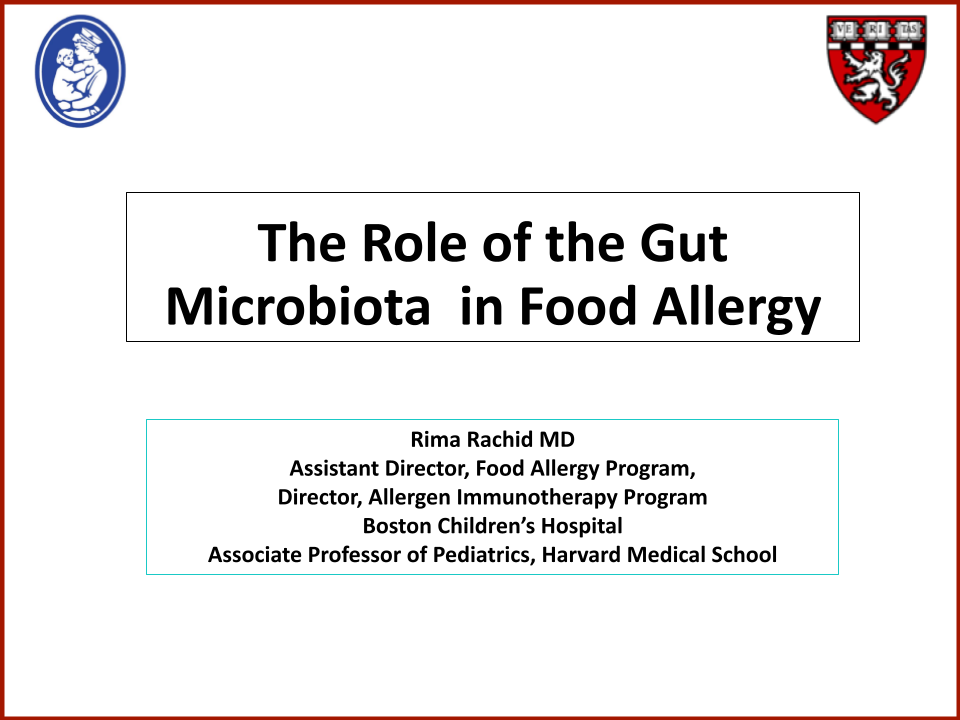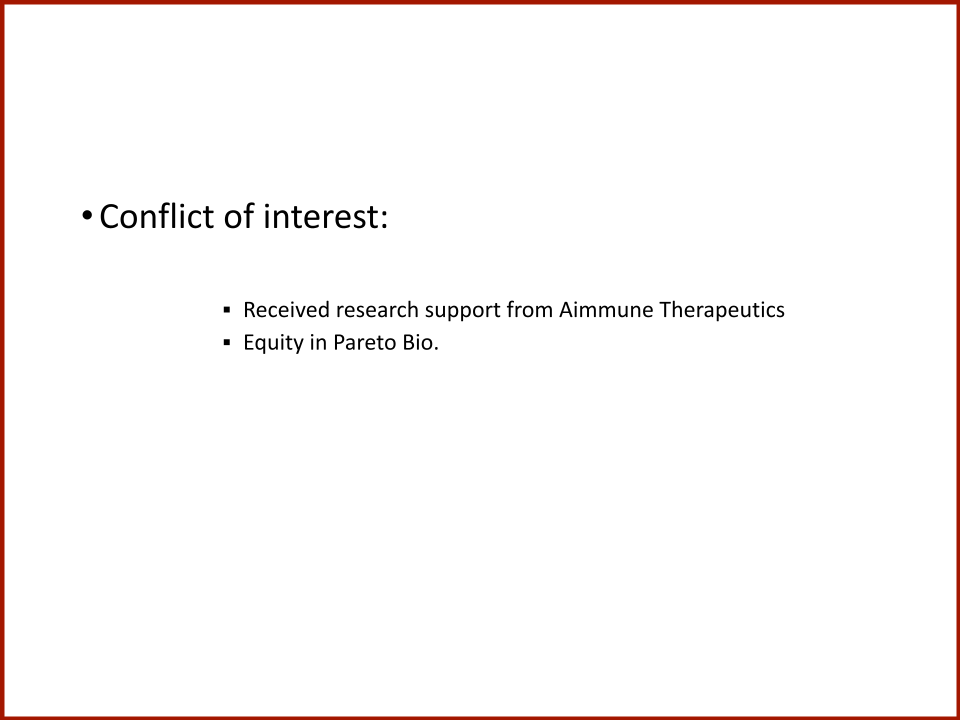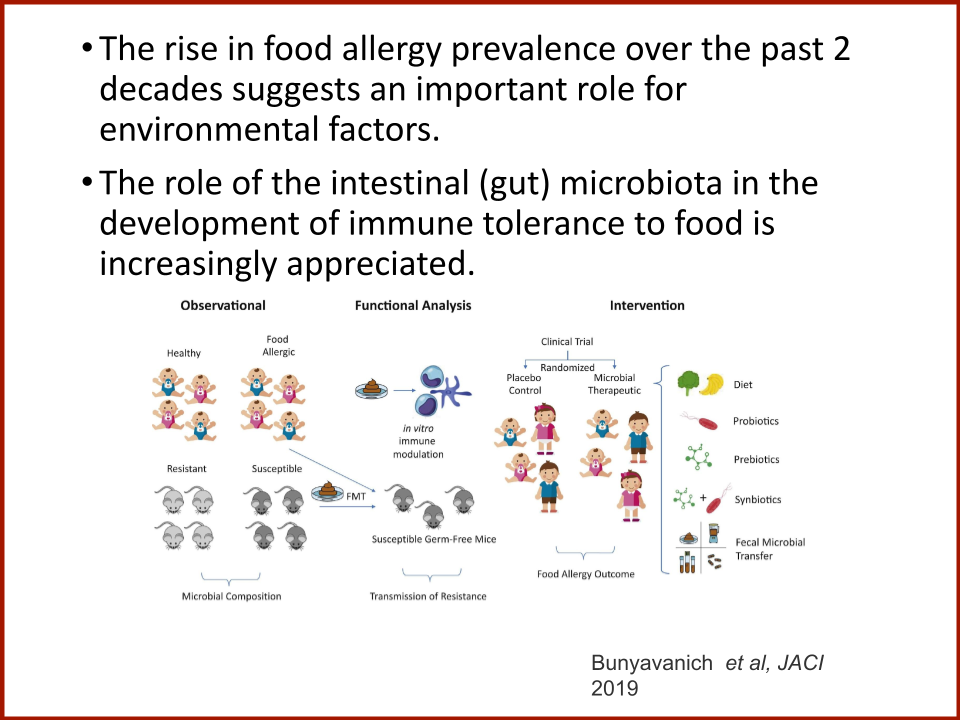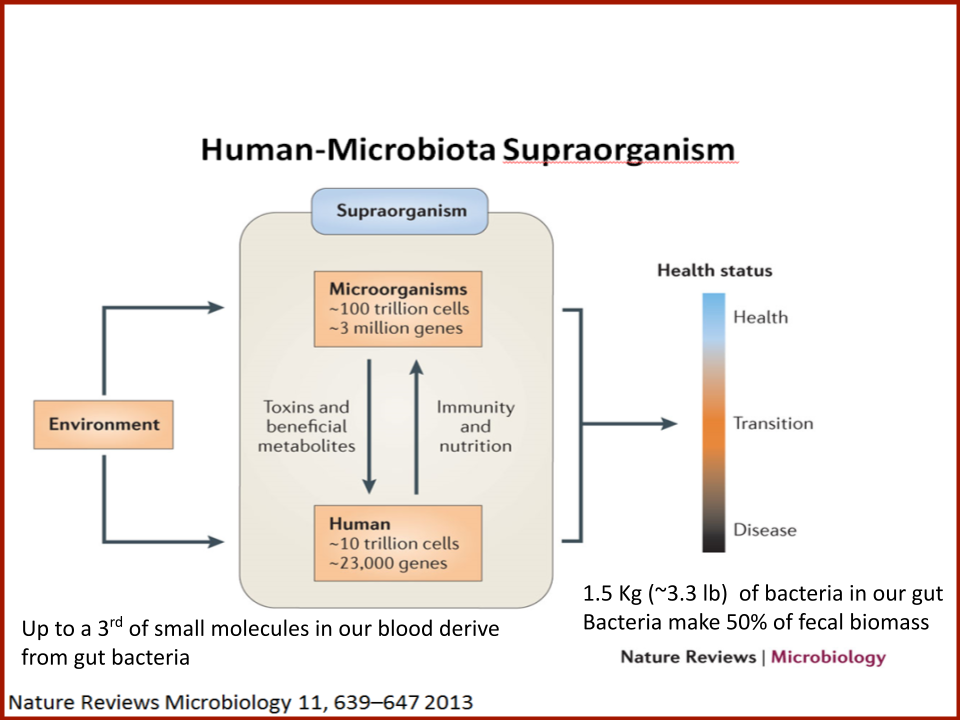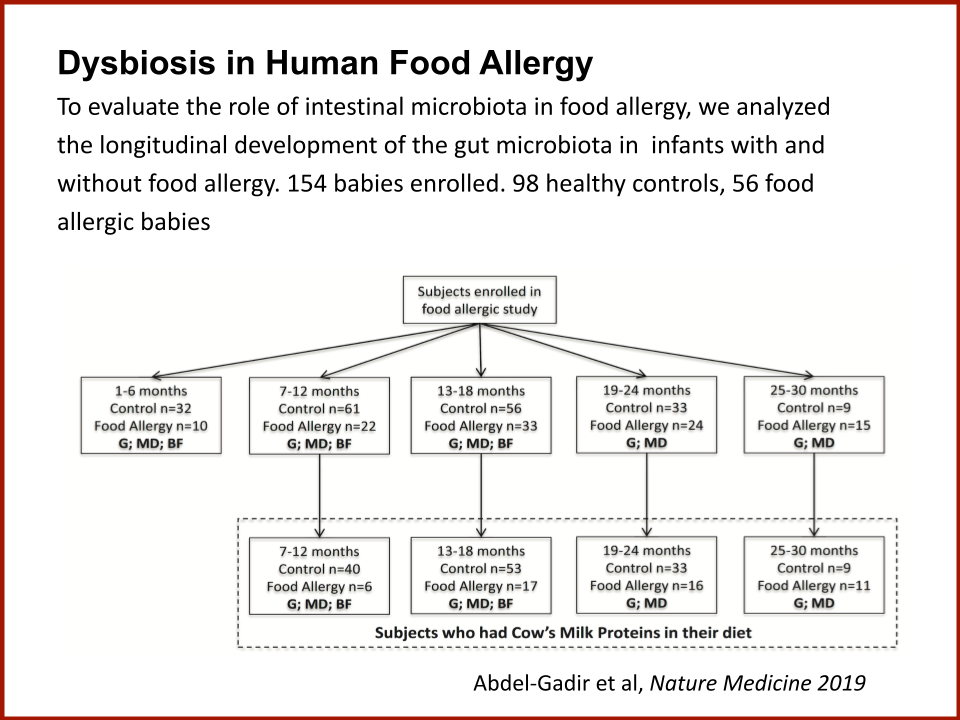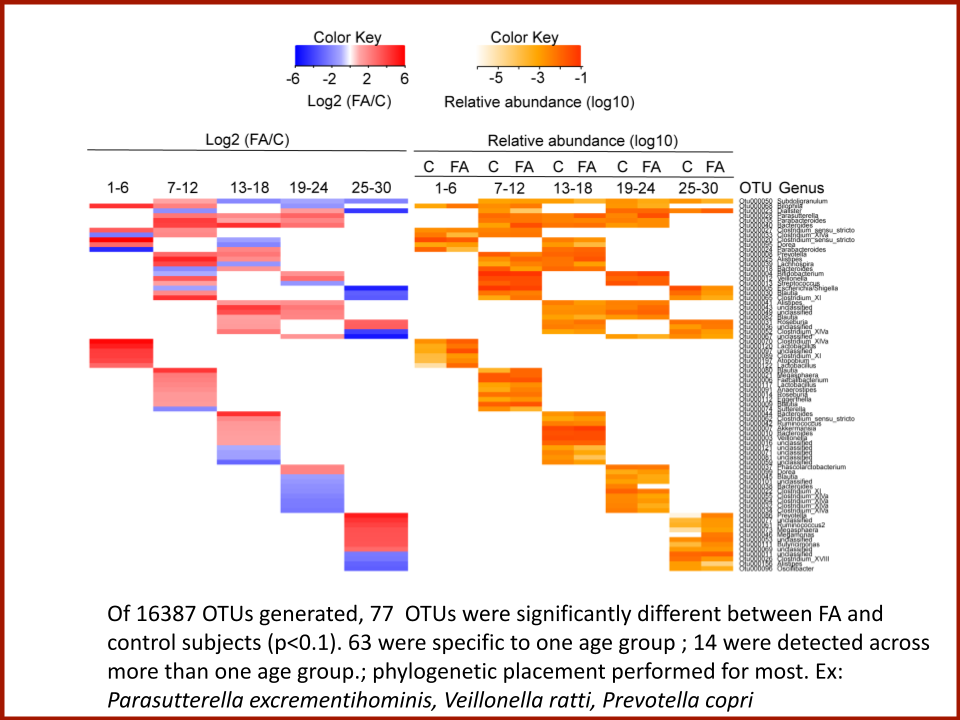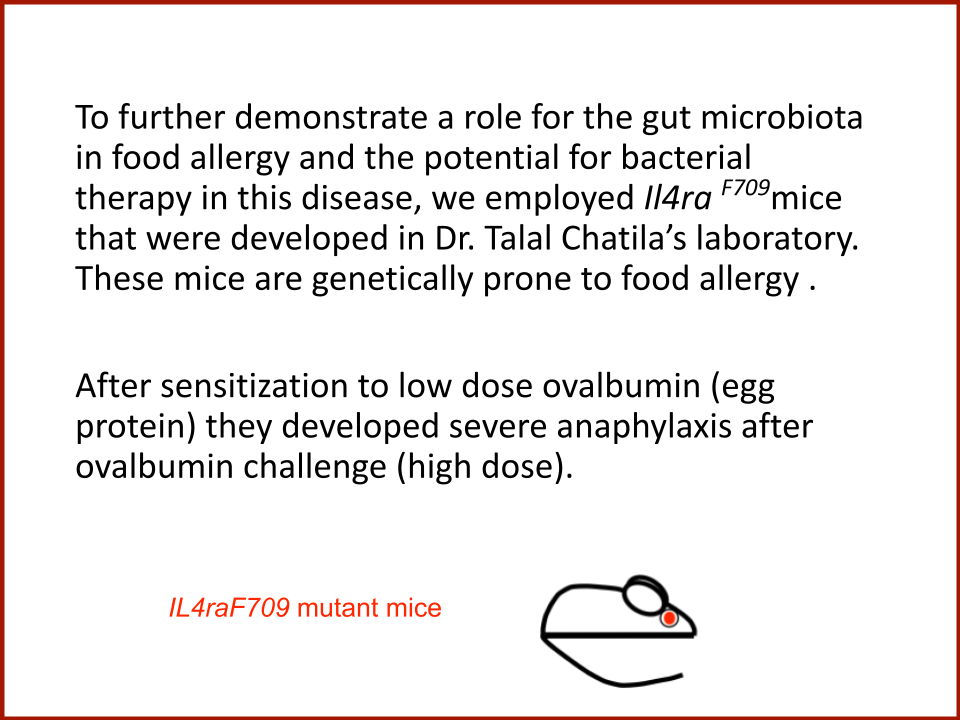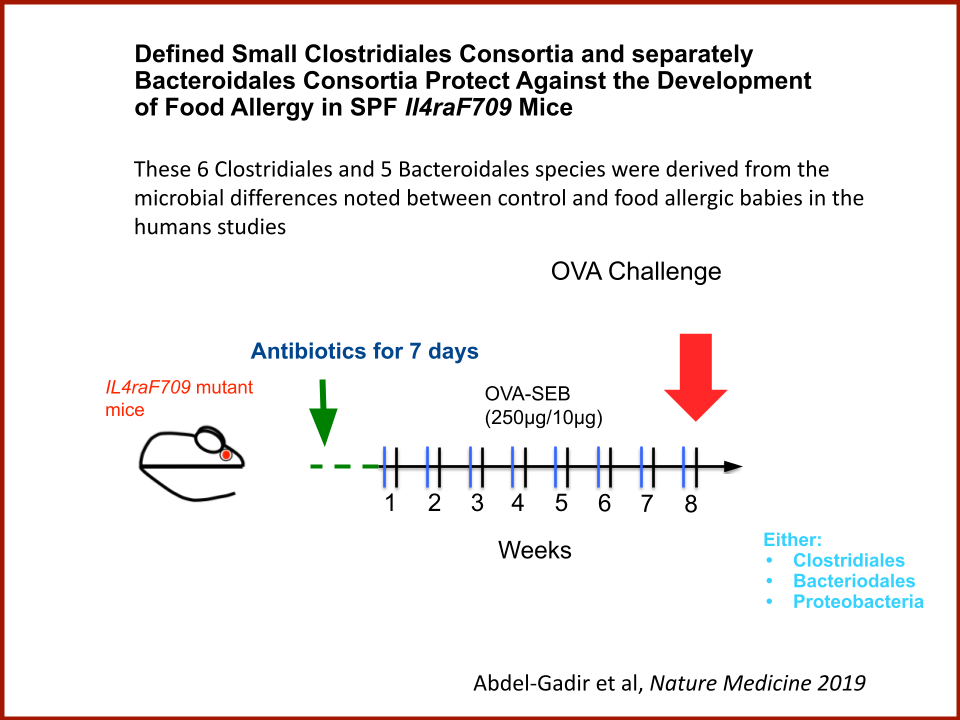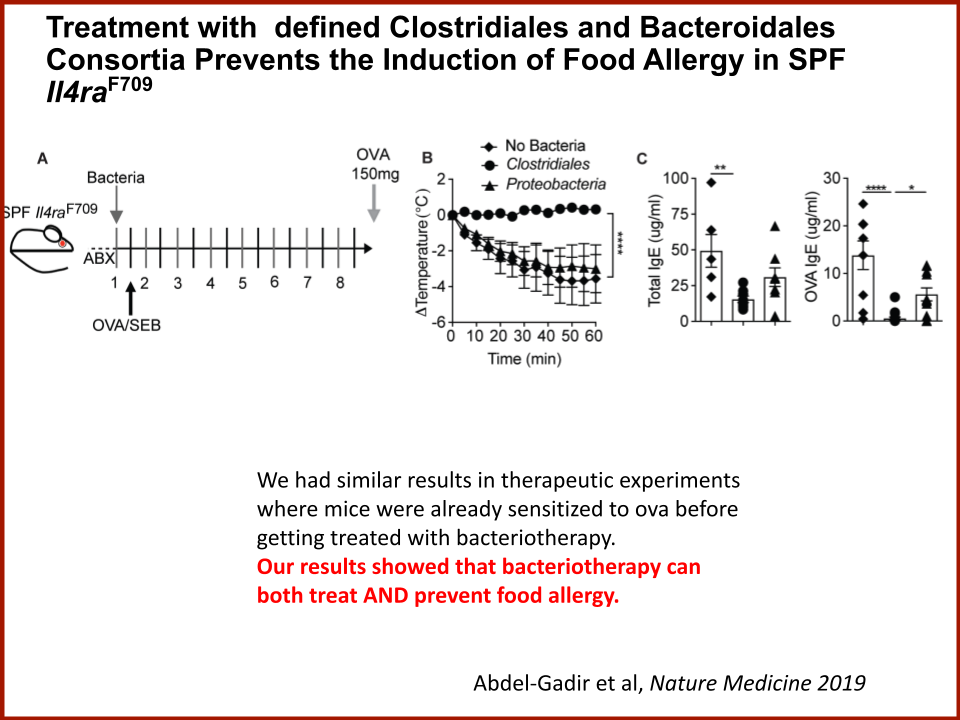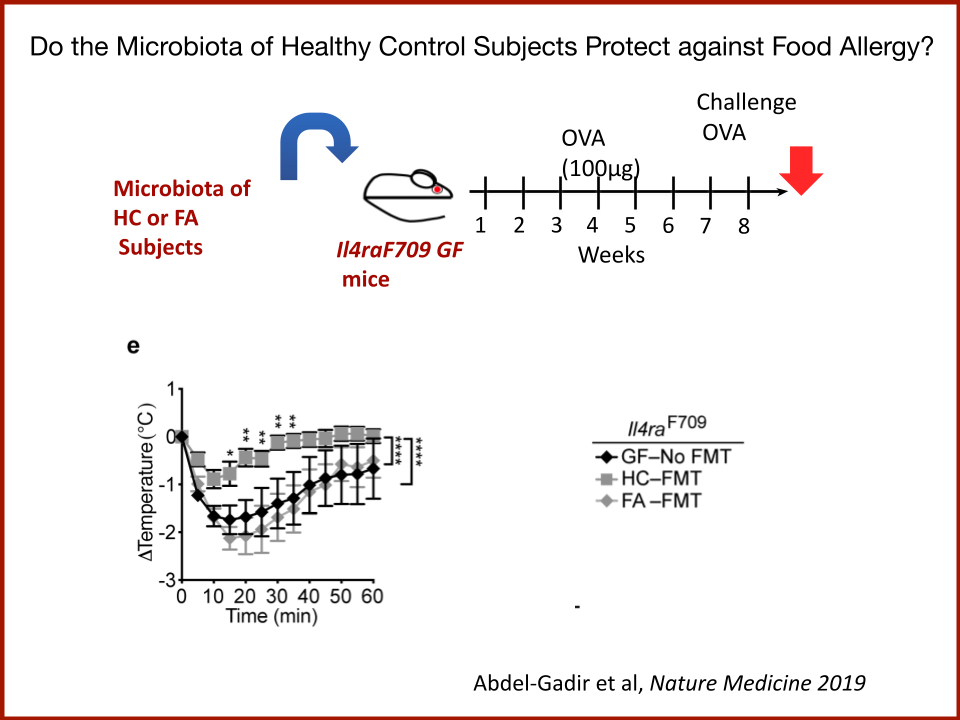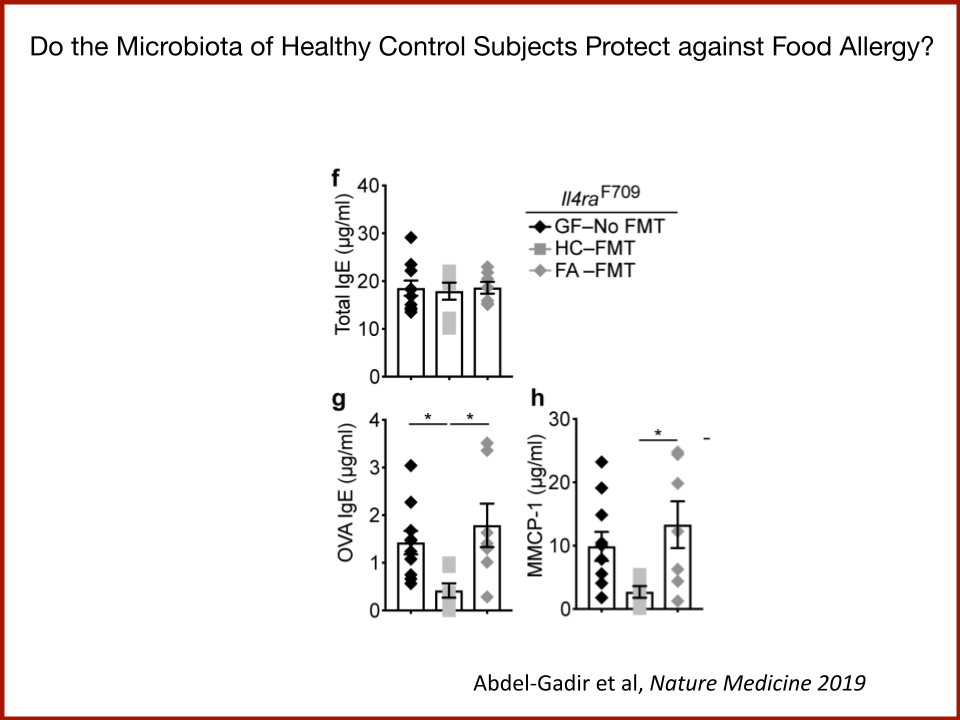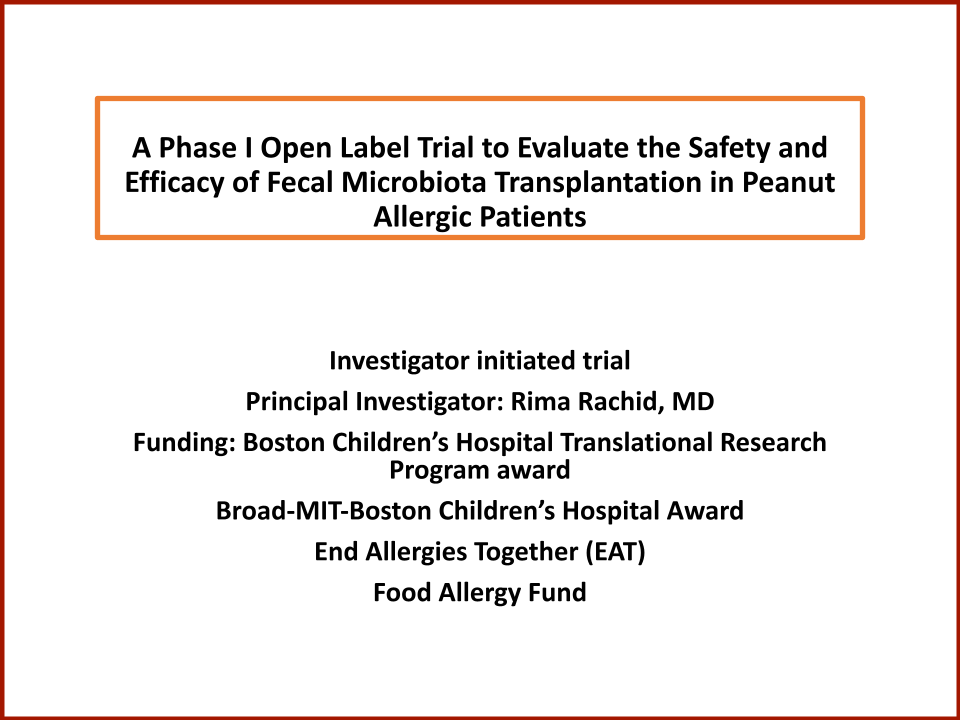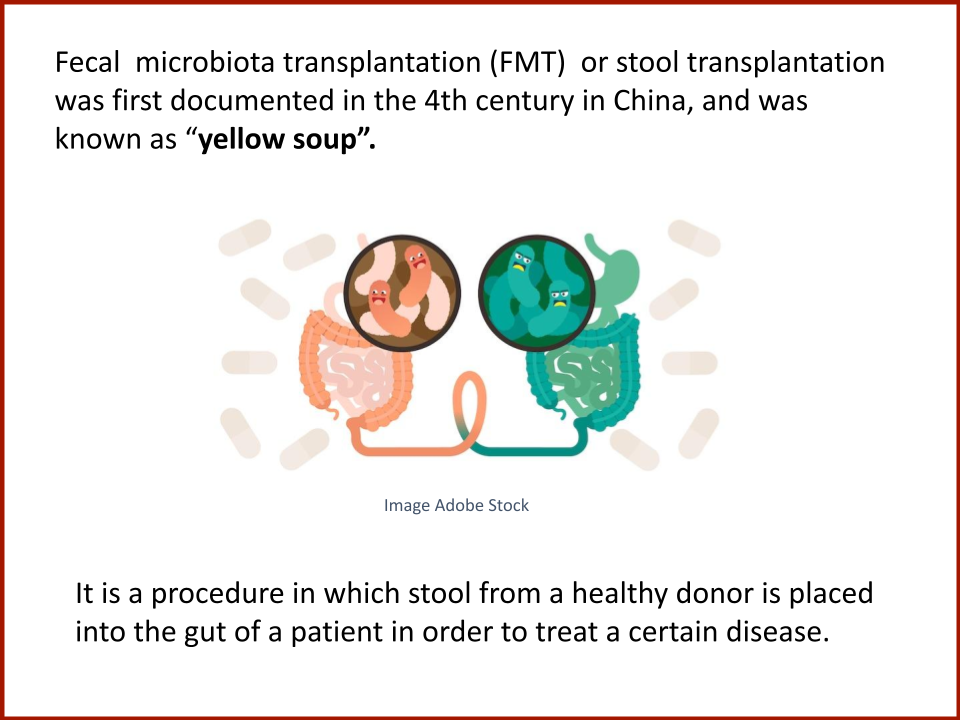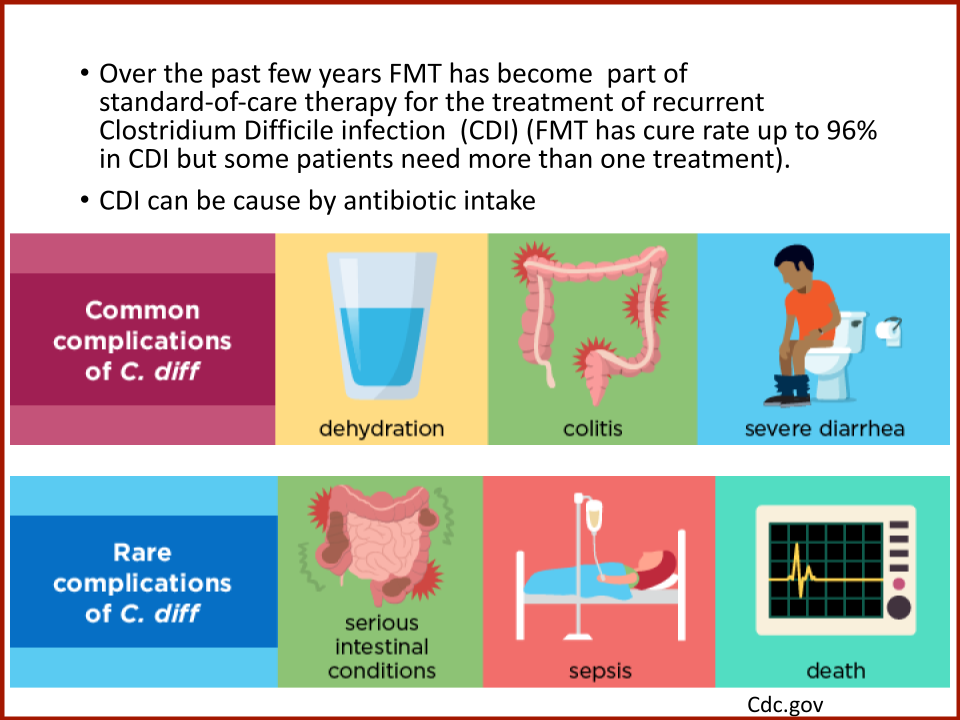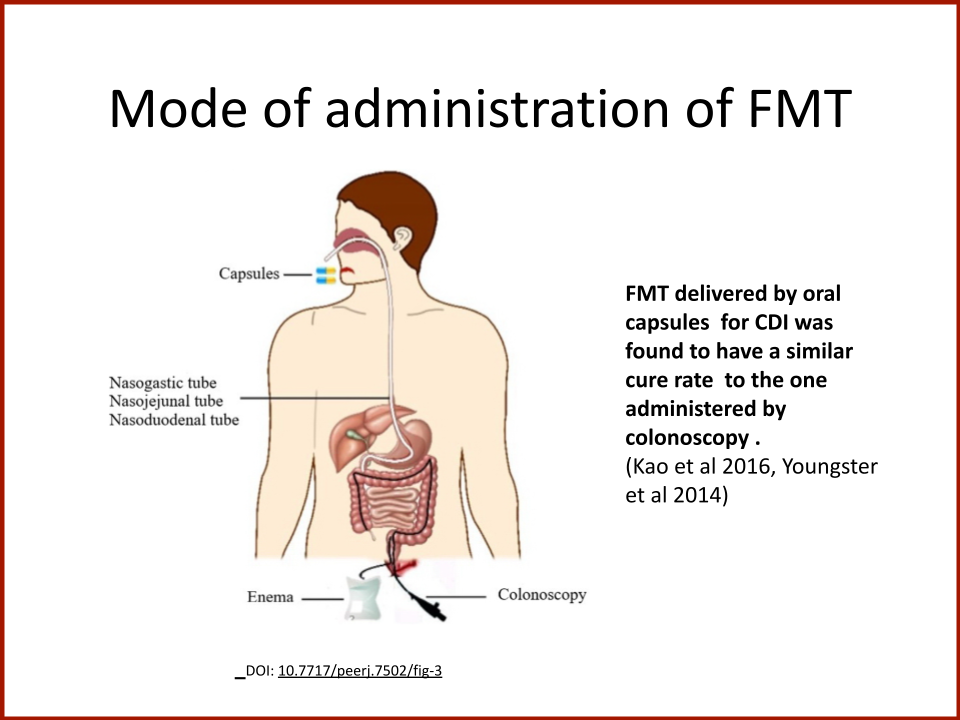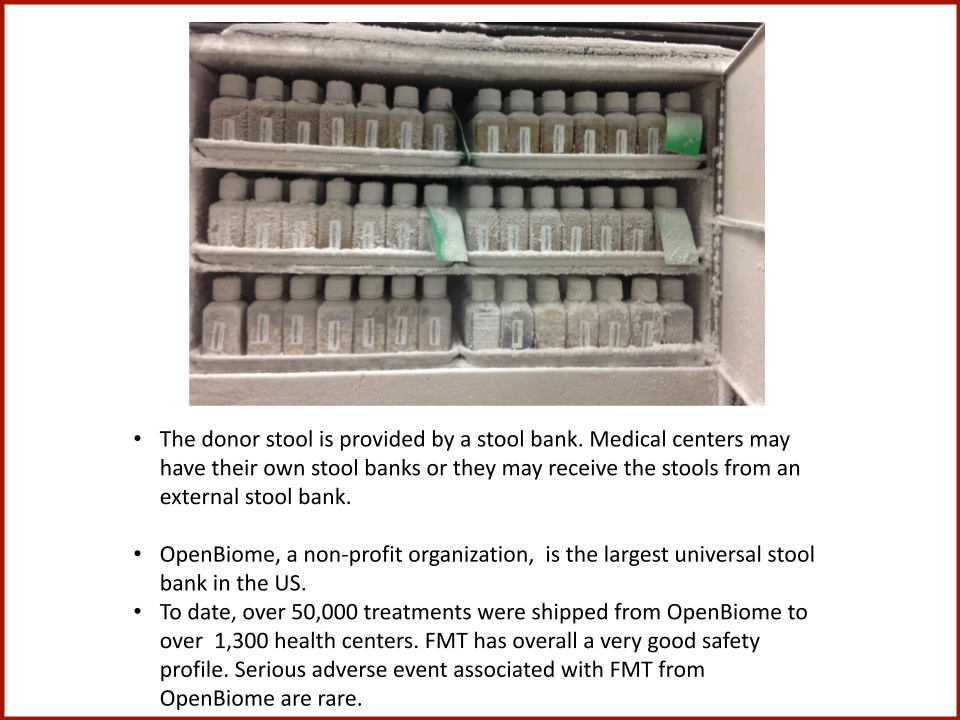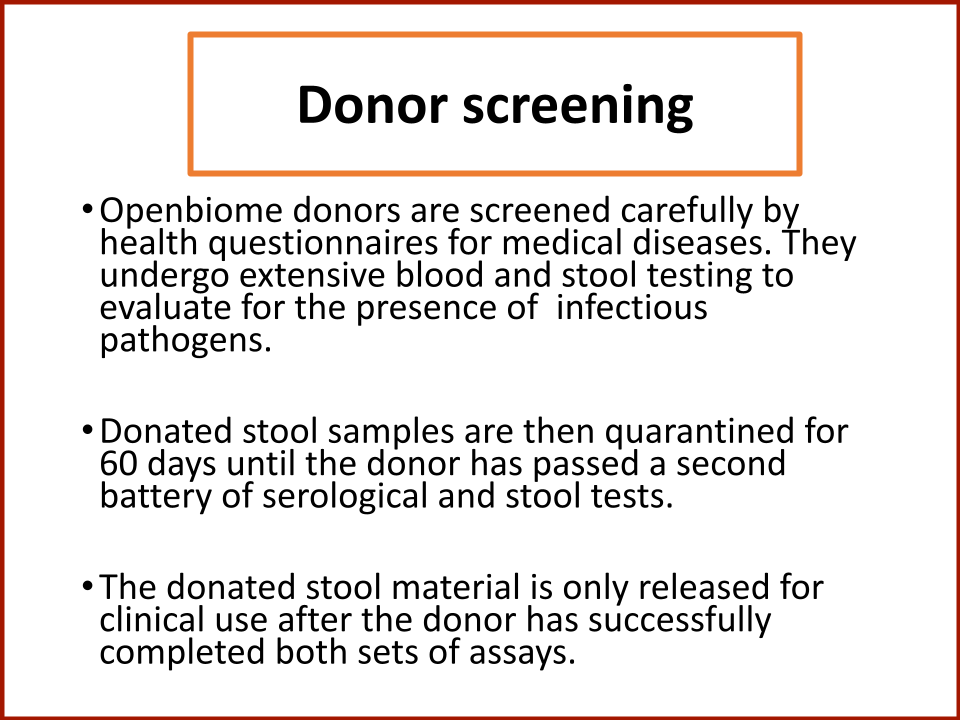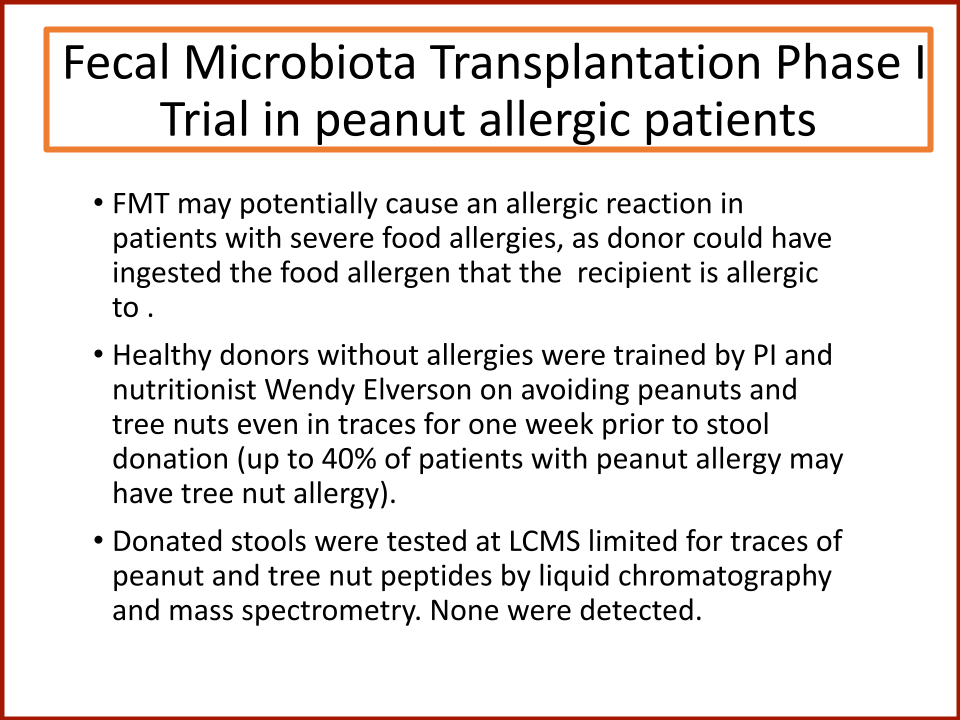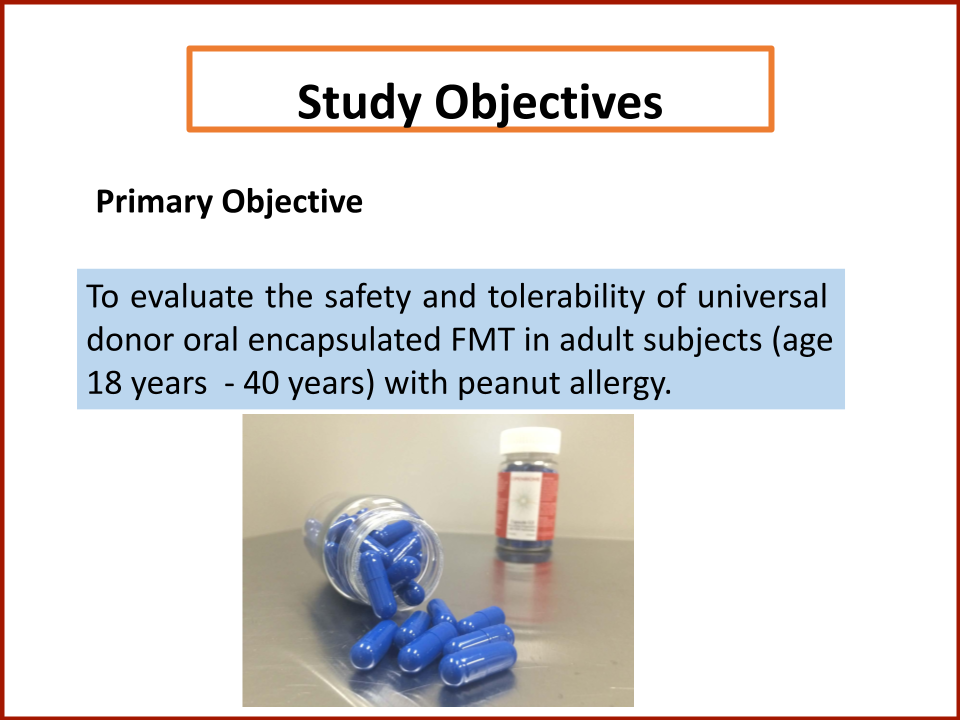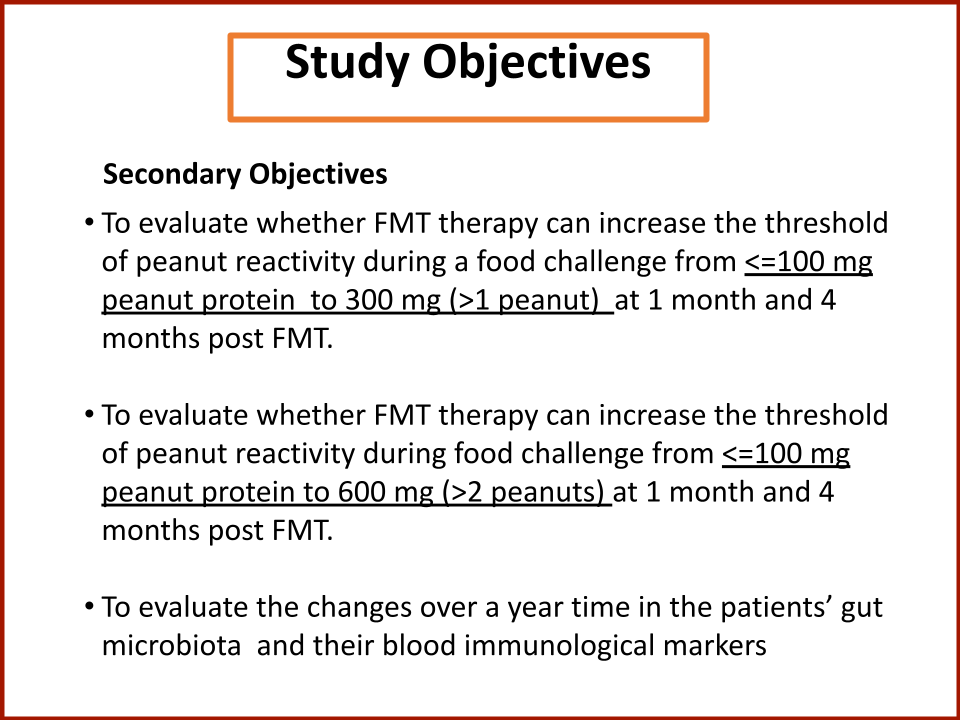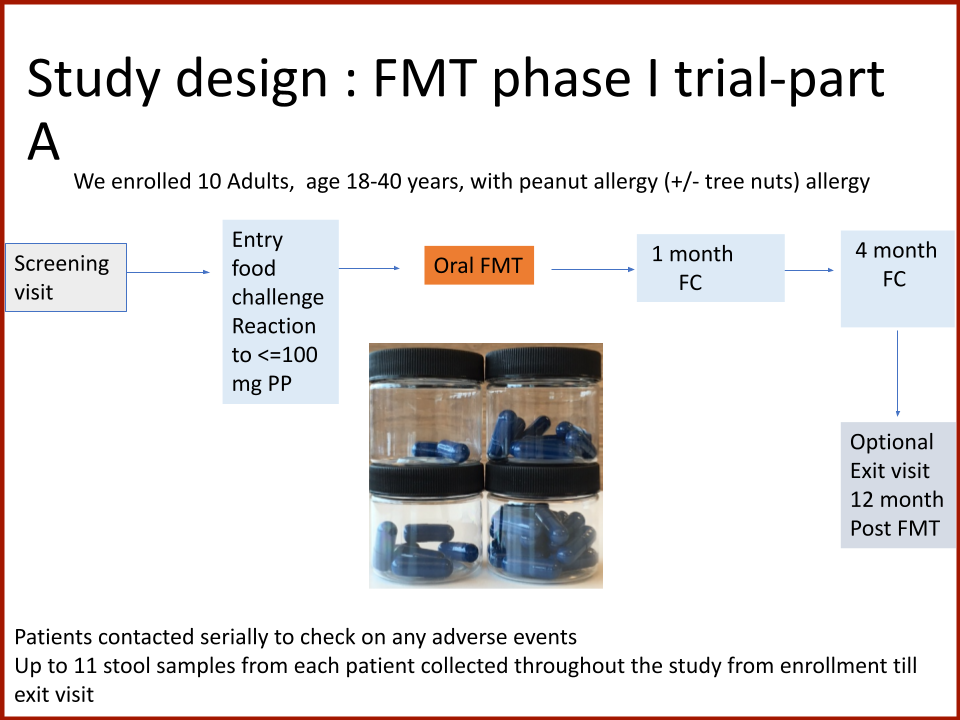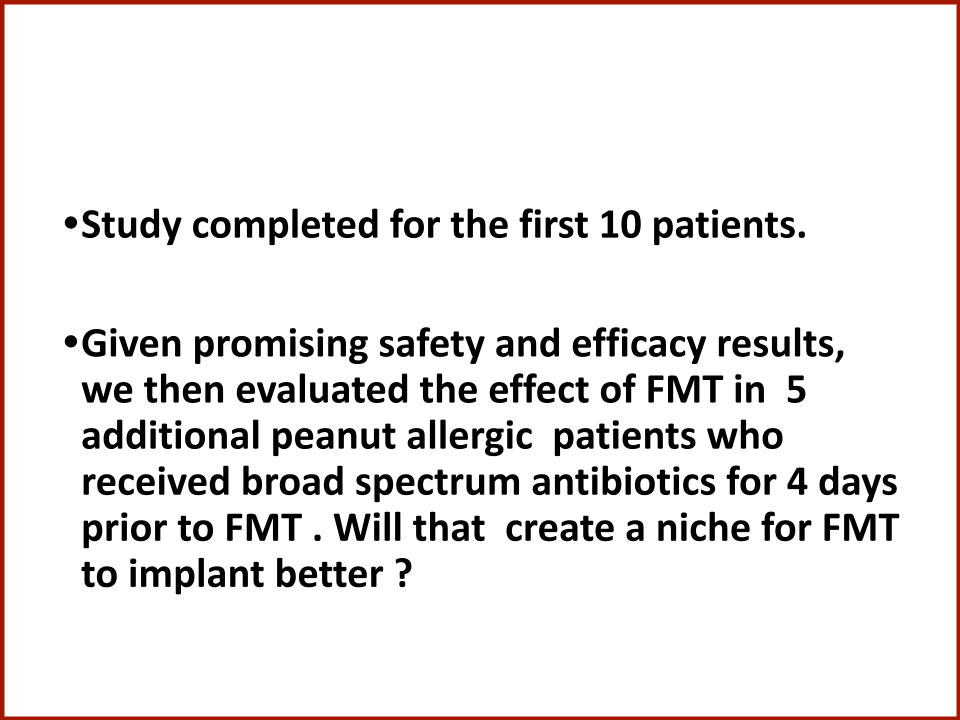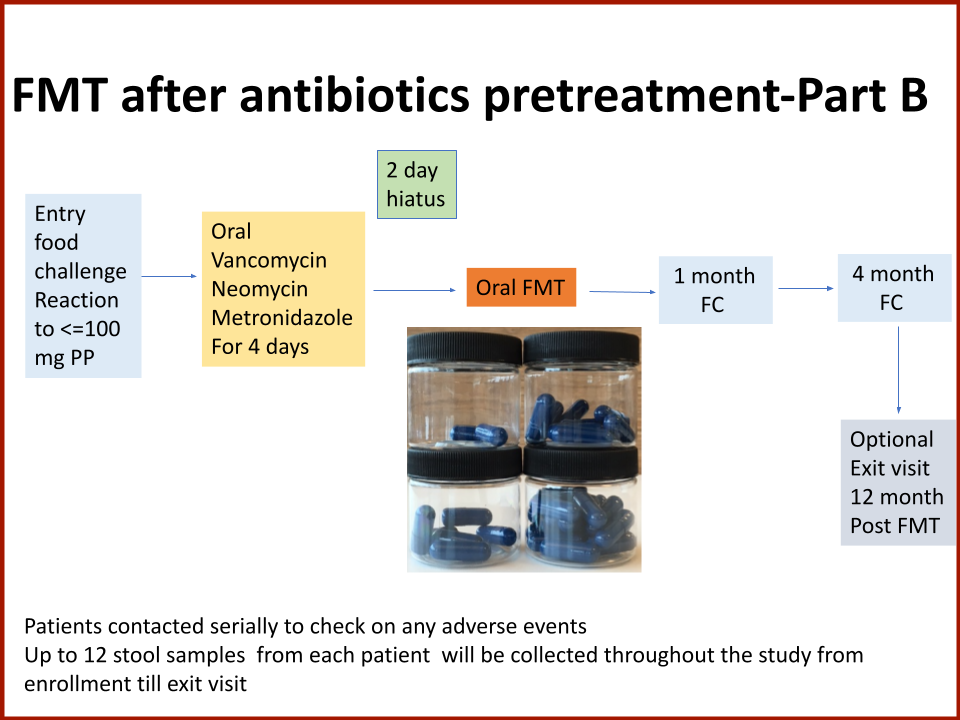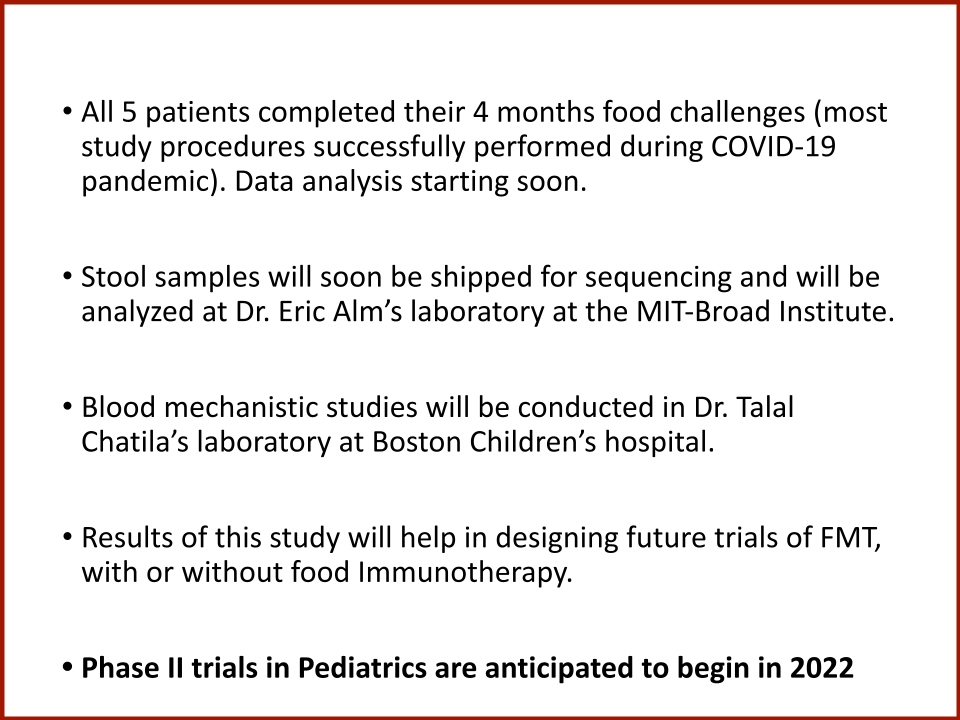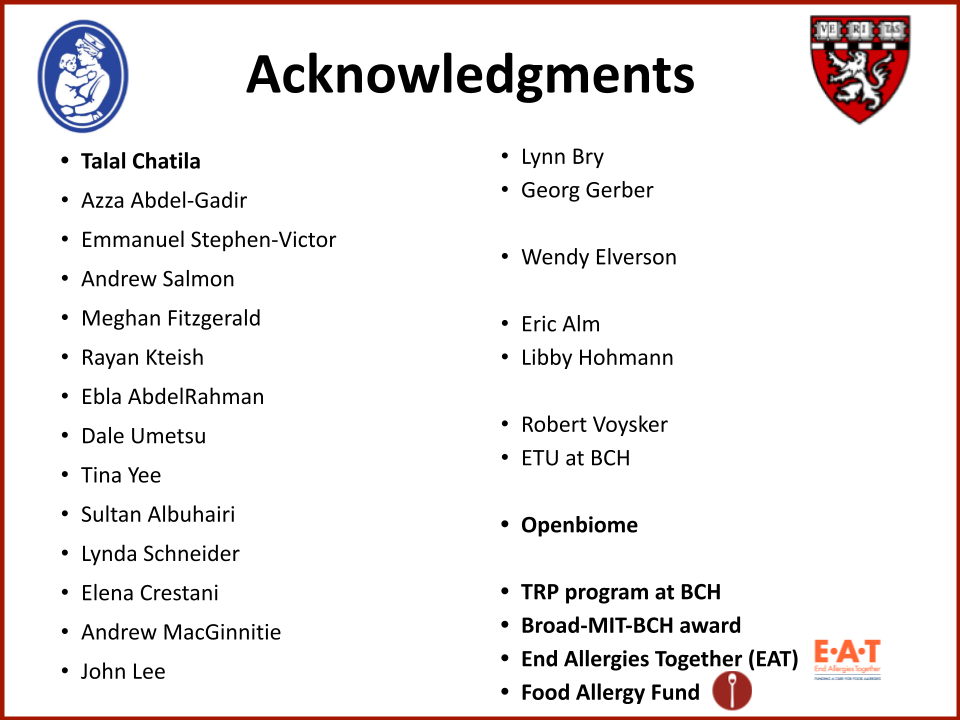Evaluating the Safety and Efficacy of Oral Encapsulated Fecal Microbiota Transplant in Food Allergic Patients
Funded by the Food Allergy Fund
Dr. Rima Rachid and Dr. Talal Chatila of Boston Children’s Hospital as Principal Investigators
The first fecal transplant trial ever for food allergies showed enough correlation between non-allergic donor microba and increased food tolerance that researchers wanted to increase their odds for successful food tolerance. Altering the microbiome of food allergic individuals with an antibiotic before receiving “normal'' donor microba might speed up and increase food tolerance even further.
In 2019, the Food Allergy Fund provided crucial support to an additional clinical phase of an investigative clinical study at Boston Children’s Hospital focused on the relationship between bacteria and immune function. Dr. Rachid and Dr. Chatila published groundbreaking discoveries in the journal Nature Medicine on the [link between the microbiome and food allergy][1]. The research team found that transplanting fecal bacteria from healthy infants into allergy-prone mice protected the mice from anaphylaxis. Furthermore, they have identified the immunological pathway by which “good” bacteria signal the body to produce the right kind of immune cells and protect against food allergy.
In 2019, the Food Allergy Fund provided crucial support to an additional clinical phase of an investigative clinical study at Boston Children’s Hospital focused on the relationship between bacteria and immune function. Dr. Rachid and Dr. Chatila published groundbreaking discoveries in the journal Nature Medicine on the [link between the microbiome and food allergy][1]. The research team found that transplanting fecal bacteria from healthy infants into allergy-prone mice protected the mice from anaphylaxis. Furthermore, they have identified the immunological pathway by which “good” bacteria signal the body to produce the right kind of immune cells and protect against food allergy.
Based on these cutting edge findings, Dr. Rachid is now leading the first trial in the world to evaluate the safety and efficacy of Fecal Microbiota Transplantation (FMT) in adults with peanut allergy. The preliminary results were promising as the dose at which patients reacted increased significantly in some patients and, the peanut IgE and/or skin test results decreased significantly over time.
The Food Allergy Fund provided additional support for Dr. Rachid to expand the Phase 1 trial, recruiting additional study participants who received antibiotics for four days prior to their FMT. The goal is to understand if antibiotic treatment before FMT creates a niche for good bacteria, making microbial transplantation possibly more effective.
Scroll Down to Click Through Slides
